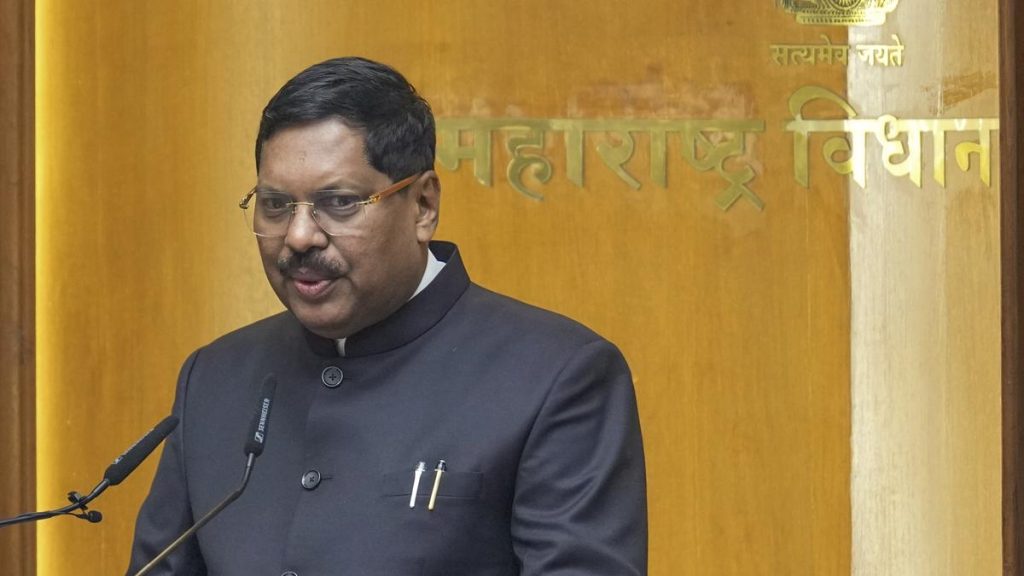Now Reading: Do Climate Protests Make a Difference? Here’s What They Achieve
-
01
Do Climate Protests Make a Difference? Here’s What They Achieve
Do Climate Protests Make a Difference? Here’s What They Achieve

quick Summary
- Approximately 5 million people worldwide participated in protests against Donald Trump’s return to the white house, with major turnout at the “Hands Off!” rally in Washington, D.C. (100,000 attendees).
- Protesters voiced opposition to Elon Musk’s restructuring of federal agencies and programs, mass layoffs of federal workers, and political attacks on immigrants and trans rights. Climate change was a top motivator for two-thirds of participants surveyed by sociologist Dana Fisher.
- Protests employed peaceful methods but avoided civil disobedience; contrasting trends show disruptive tactics often augment mainstream efforts without significant backlash. Research from Yale suggests climate protests sway public opinion and media coverage positively.
- Evidence links climate activism with electoral impacts (e.g., increased voting for Germany’s Green Party) and reduced emissions over time. Success comes amidst activist repression; dozens have been jailed after actions like blocking roads or targeting institutions that preserve the status quo.
- A notable “radical flank effect” suggests extreme activism boosts support for moderate groups; Just Stop Oil achieved its goal of ending new oil licenses in the UK while increasing public backing for Friends of the Earth following controversial protest methods but faced backlash through arrests.
Indian Opinion Analysis
The intersection between democracy preservation and climate action highlighted by these global protests holds relevance for India as it contemplates its own trajectory amid rising environmental challenges and democratic complexities. The peaceful resistance demonstrated aligns with India’s constitutional values promoting nonviolence during societal movements-an approach pivotal to sustaining a robust democracy.
For India, where institutional frameworks tackle both environmental degradation and socio-political contestation, lessons from these movements can reinforce strategies to balance protest-driven engagement with long-term systemic reform aimed at sustainability goals such as clean energy adoption under platforms like ISA (International Solar Alliance). Moreover, documented evidence showing grassroots activism influencing voter behavior presents implications: India’s growing environmental advocacy might translate into electoral shifts favoring green policies without fostering polarization.
India must reflect on how effectively movements synchronize disruptive forms of mobilization alongside moderate ones within democratic limits-a delicate equilibrium critical to reconciling progress across diverse policy domains including urban air quality control plans gaining traction!! Read more :Learn More























